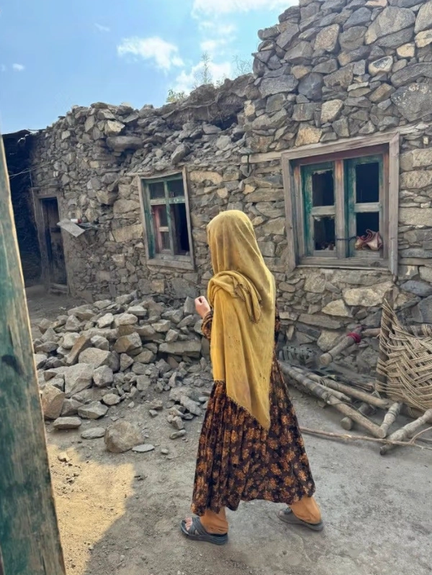Abdul Salam Zaeef, the Taliban’s former ambassador to Pakistan, said Saturday on X that President Donald Trump holds a “misguided perception” of Afghanistan. He argued that history shows no power has been able to shift Afghanistan from neutrality without leading the country toward “ruin and destruction.”
Zaeef claimed the United States is seeking to re-establish a foothold in Afghanistan as part of preparations for a potential global conflict. He said Washington is pursuing influence in Pakistan, Afghanistan and Azerbaijan to extend its military and intelligence reach, warning that the groundwork for such a confrontation could unfold by 2035.
Trump confirmed Friday that talks with the Taliban are under way to return US forces to Bagram, which was abandoned during the 2021 withdrawal. At a news conference a day earlier with British Prime Minister Keir Starmer, he said the base’s proximity to sites where China develops nuclear weapons makes it strategically vital.
The Wall Street Journal reported US officials are in the early stages of discussions with the Taliban about a limited counterterrorism deployment at the base.
Taliban Official Frames Trump’s Comments as Business Deal
Zakir Jalali, an aide to Taliban Foreign Minister Amir Khan Muttaqi, said Trump is “a successful trader and businessman” who raised Bagram in the context of a negotiation.
Writing on X, Jalali said Afghanistan and the United States should engage politically and economically on the basis of mutual respect and shared interests, but that any US military presence in Afghanistan is “unacceptable.”
He stressed that foreign forces have “never been accepted by Afghans” and were firmly rejected during the Doha talks, while noting that avenues for cooperation in other areas remain open.

